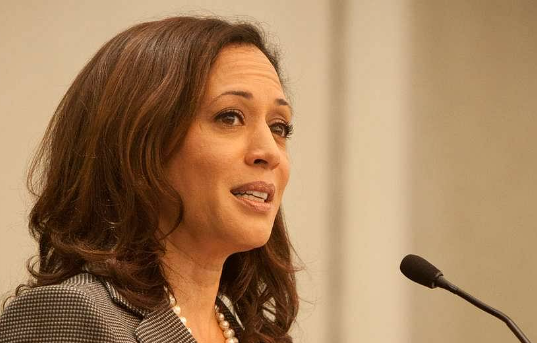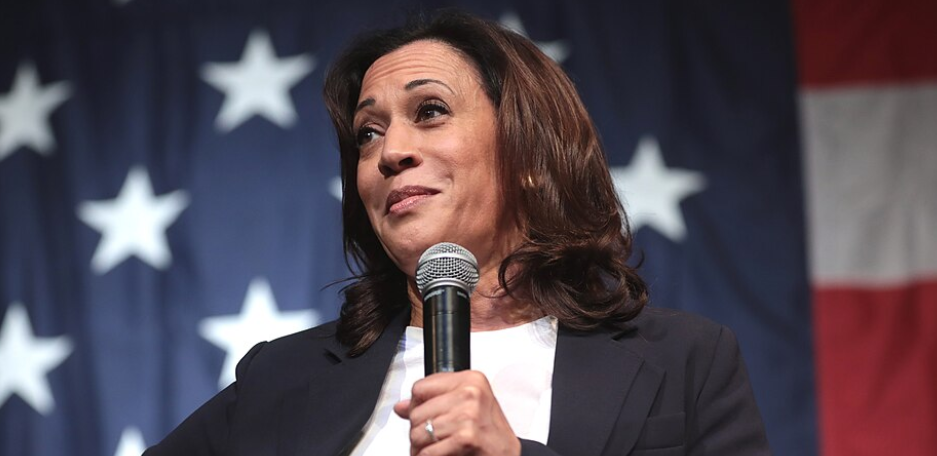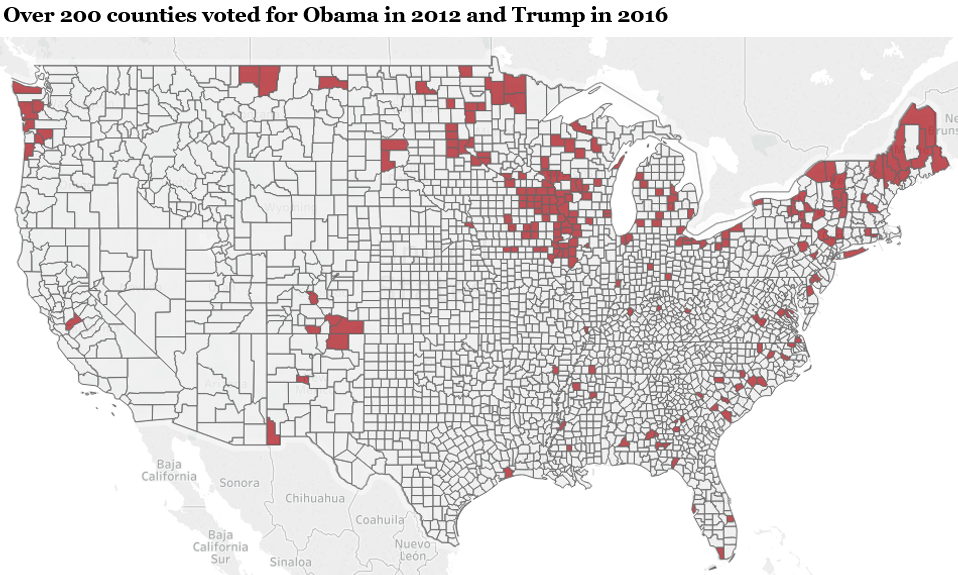As Vice President Kamala Harris gears up for a potential 2024 presidential run, various nonprofit groups are scrutinizing her economic policies.
What to Know:
-
Harris’s capital gains tax could reach 43.9% in NY and 46.3% in CA, higher than in China and Europe.
-
Americans for Tax Reform (ATR) argues Harris will likely break her pledge not to raise middle-class taxes.
-
Harris’s policies might negatively impact startups and small businesses.
-
Harris is criticized for aligning with IRS union interests.
-
"Kamalanomics" involves public investments funded by increased taxes on corporations and the wealthy.
As Vice President Kamala Harris steps into the spotlight for a potential 2024 presidential bid, conservative nonprofit organizations are intensifying their scrutiny of her economic policies. Here’s a snapshot of which groups are taking the lead and why their perspectives matter.
Americans for Tax Reform (ATR)
The Americans for Tax Reform (ATR) has been vocal in its criticism of Harris’s economic proposals, branding them as "Kamalanomics." ATR argues that Harris’s economic policies, including her proposed capital gains tax hike, would result in some of the highest tax rates in the world.
Kamalanomics Overview:
|
The group also claims Harris is poised to break her pledge not to raise taxes on the middle class, a promise they argue has been broken by previous Democratic presidents. ATR’s critique centers on several key points:
-
High Capital Gains Tax: ATR highlights that Harris’s plan could push capital gains taxes to 43.9% in New York and 46.3% in California when federal and state rates are combined. These rates far exceed those in China (20%) and Europe (average of 18%).
-
Broken Tax Pledges: ATR argues that Harris is likely to break her promise not to raise taxes on the middle class—a pledge they claim has been historically broken by previous Democratic presidents.
-
Impact on Startups and Small Businesses: ATR expresses concerns that Harris’s policies could negatively affect startups and small businesses.
-
IRS Union Interests: The organization also criticizes Harris for her alignment with IRS union interests, which they argue is detrimental to taxpayers.
-
Price Controls and Carbon Tax: ATR further opposes Harris’s proposed price controls on housing and a carbon tax, suggesting these measures could harm consumers and stifle economic growth.
In summary, Kamalanomics seeks to boost the middle class through government investments funded by increased taxes but faces criticism over its potential economic impact.
Americans for Prosperity (AFP)
Americans for Prosperity, a prominent conservative think tank, has shifted its focus to Harris’s economic proposals, although their criticism is often framed within the broader context of “Bidenomics.” AFP maintains that the core economic policies promoted by the Democrats, regardless of who leads the ticket, will burden Americans with high taxes and slow economic growth. They advocate for pro-growth policies that they believe will better support American families and businesses.
Council on Foreign Relations (CFR)
The Council on Foreign Relations (CFR), while not a conservative group, provides a comprehensive overview of the economic challenges facing the U.S., which are central to understanding the context of Harris’s policies. CFR outlines major issues such as inflation, rising inequality, and crumbling infrastructure, which Harris’s policies aim to address.
Her proposals focus on public investments in infrastructure and green energy, alongside increased taxes on corporations and wealthy individuals. The CFR’s analysis provides a backdrop for understanding how conservative critiques might align with broader economic concerns.
Wrap Up
As Kamala Harris’s economic proposals gain more attention, conservative nonprofit groups are actively shaping the narrative. Americans for Tax Reform and Americans for Prosperity are leading the charge with their criticisms, focusing on potential tax increases and economic impacts.
The importance of these discussions is further highlighted by the Council on Foreign Relations, which provides a more comprehensive framework. Understanding these viewpoints is crucial for voters looking to grasp the full implications of Harris’s economic policies and their potential impact on the U.S. economy.





.jpeg)